The Dark Side of the INFJ Personality Type
INFJs are one of the most revered personality types in the Myers-Briggs® system. These rare and extraordinary individuals offer the world a distinct combination of empathy, intuition, and big-picture perspective. Famous INFJs include Mahatma Gandhi, Carl Jung, and Leo Tolstoy.
However INFJs are not exempt from their own set of challenges and weaknesses. Like anyone, they can fall into patterns that may lead to unhealthy behavior when they are immature, stressed, or in an otherwise unhealthy state. In today’s article we’re going to dive into the INFJ’s darker side and explore how INFJs can grow personally to become more self-aware, mindful, and emotionally resilient.

Not sure what your personality type is? Try out our most highly recommended personality questionnaires:
- You can take our free personality questionnaire here
- You can take Personality Hacker’s personality questionnaire.
- You can take the official Myers-Briggs Type Indicator® for $49.95
This article contains an affiliate link to a questionnaire on Personality Hacker. If you purchase one of their courses, I get a small kickback that I can use to pay for hosting and other demands of this site. I only recommend courses I love.
What Does INFJ Mean?
The INFJ is one of 16 Myers-Briggs® personality types. The code “INFJ” stands for Introvert (I), Intuitive (N), Feeling (F), and Judging (J). INFJs are generally considered to be creative, sensitive, and complex. They are also extremely rare, making up a mere 2.3% of the US population.
The Many Ways a Dark Side Can Show Up for the INFJ:
Everyone has a dark side; no one is exempt for momentary lapses in judgment, stressful outbursts, or occasional bouts of immaturity.
Most commonly, the dark side shows up when an INFJ is:
- Stressed
- Peopled-out from too much socializing
- One-sided from being too reclusive
- Immature
- Overwhelmed
- Undecided
- Imbalanced
- Feeling unappreciated
- Operating outside of their strengths
The Stressed INFJ
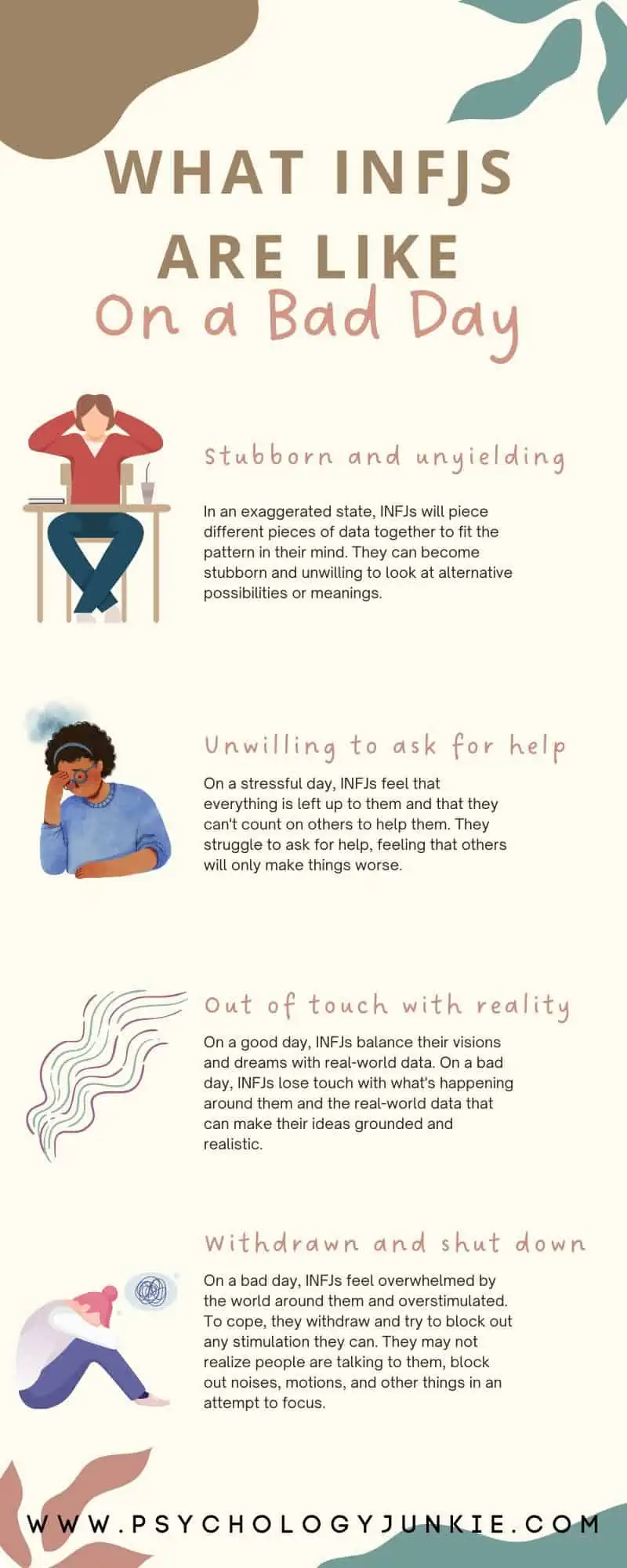
“Knowing your own darkness is the best method for dealing with the darknesses of other people.” – Carl Jung
There are many things we all experience when we’re stressed out. From muscle tension to increased blood pressure, stress can wreak havoc on our physical as well as mental health. INFJs are no exception to this rule, and when they become overly stressed they may display a dark side that includes angry outbursts, obsessive worrying, perfectionism, or even depression.
When INFJs first encounter stress, they start to behave very true-to-type. They withdraw, isolate, and try to access their intuition. In this state they focus on forming insights, predicting what will happen, or defining a course for the future.
If an INFJ is regularly dealing with stress, they can reach a state called “grip stress.” During grip stress they flip a switch and start to behave in uncharacteristic ways. They may try to numb their stress by eating, exercising, cleaning, drinking, or blasting loud music. During this phase of stress INFJs aren’t able to access their intuition as readily as they would on a normal day. They may also be more reactive and reckless; lashing out unexpectedly and critically voicing their judgments. This state is usually overwhelming for them and can even feel like an out-of-body experience.
Conflict
INFJs are naturally empathetic and dislike causing unnecessary distress to others. When INFJs sense conflict they tend to get uncomfortable, withdrawn or silent. This can be healthy in moderation – they can take a few moments away from the situation to process their feelings before re-engaging. However, INFJs may also avoid conflict altogether, which can sometimes lead to resentment, disempowerment or a lack of assertiveness and proper boundary-setting.
Too Much Socializing
As we mentioned before, too much “people-ing” can be exhausting for an INFJ. As introverts, they need ample time to recharge on their own. When an INFJ’s schedule is packed to the brim with social engagements, they can lose touch with their intuitive and thinking sides. They become more impulsive, more people-pleasing, and less discerning. Often they feel scattered, anxious, and out of touch with themselves. They may go from being kind and accommodating to blowing up in a state of intense anger due to severe stress. They may also try to numb their stress by overdoing it in some other way; over-eating, working too hard, or running until they’ve exhausted themselves physically.
Too Much Sensory Input
INFJs generally perform best when they’re able to experience the world in smaller doses. They become overwhelmed and irritable if exposed to too much sensory input, such as bright lights, loud music or crowds. Everything going on around them can feel excessive, jarring, and even painful. This state of overstimulation can lead INFJs to erupt in anger or anxiety.
Being Unappreciated
“Loneliness does not come from having no people about one, but from being unable to communicate the things that seem important to oneself, or from holding certain views which others find inadmissible.”- Carl Jung
INFJs are complex and idealistic individuals, who focus more on abstract concepts than the literal details of the world around them. As a rare personality type, they are frequently misunderstood and pressured to behave like more common personality types. If an INFJ’s perspectives are regularly dismissed or devalued, they can start to buy into the idea that they aren’t “good enough” or they are “too weird.” The more they try to push themselves to be like everyone else, the more stressed and overwhelmed they become.
Indecision
INFJs operate at their best when they have a clear direction for their lives. They like having their lives mapped out, structured, and organized. When they are unable to make decisions for themselves, or when life is too unpredictable, they can feel paralyzed and scattered. When given too many options, they can feel overwhelmed and frustrated – especially if people are waiting on them to decide. In extreme cases INFJs may even experience physical symptoms like nausea or headaches.
The Immature INFJ
No personality type is immune to immaturity. If an INFJ is brought up in a pampered, privileged lifestyle, they may not learn how to properly manage their emotions and responsibilities. Entitled, immature INFJs will also appear more dramatic, needy, and demanding when immature. Rather than working through their problems and taking responsibility, the immature INFJ often casts blame and expects the outside world to solve their problems. They may constantly complain, look for validation from others, and play the victim rather than trying to turn their situation around. On top of this, some immature INFJs have poor impulse control and can let their emotions get the better of them, leading to outbursts of anger and out-of-proportion reactions to minor setbacks.
Depending on the type of immaturity the INFJ is dealing with, they may be reclusive and self-absorbed or reactive and hyper-sensitive. It’s important for INFJs to challenge themselves in healthy ways so that they can operate from a mature and responsible place. We’ll get into more solutions further on in this article.
The Overly-Reclusive INFJ
Everyone needs time to interact with the outside world – even introverts! When INFJs isolate themselves too excessively they can get stuck in a Ni-Ti loop. This essentially means that they loop back and forth between their intuitive and thinking sides and lose touch with their feeling and sensing sides. Rather than being empathetic, open-minded, and productive, they become cynical, detached, and overly analytical in their approach to life. While analysis is good (and even essential), without outside experience, INFJs can become armchair experts who lack evidence or facts on which to build their ideas. During these loops INFJs can become so disconnected from their environment that they forget how to interact with people. The looping INFJ doesn’t appear like the typically warm, understanding INFJ you read about in most articles. Instead, they will seem out of touch with reality, cold, and self-interested.
How to Grow:
We all have a dark side, but we’re certainly not destined to stay in it forever! Now that we’ve explained some of the potential struggles and weaknesses of the INFJ, let’s get to some workable solutions.
Dealing with Stress:
Stress is unavoidable in life, and a little stress can even be a good thing. It can help us to grow, challenge ourselves, and mature. That said, if you’re experiencing excessive stress, or feel more anxious than peaceful most of the time, here are some things that can help – specifically if you’re an INFJ:
- Get some time alone to recharge
- Turn off bright lights, loud sounds, put away your phone, turn off the television
- Close your eyes and practice deep breathing (inhale for five seconds and exhale for five)
- Visualize something that makes you feel peaceful or contented in your soul
- Get some physical exercise (go for a walk, practice yoga or tai chi)
- Talk to someone you trust and express your feelings
- Write down your emotions in a journal and read them back to yourself
- Check in with your body to see what it needs (rest, water, a healthy snack)
- Spend time in nature and take in every sensory detail
- See if there are any non-essential responsibilities you can cancel
Finding People Who Appreciate You
Being misunderstood can lead to chronic stress, disappointment, and feelings of insecurity. Some of the people who love you may not understand you very easily, and that’s okay. You can still appreciate the relationship for the value it holds. You can, however, try to improve the relationship by sending them articles about your personality type so they can understand how your mind works a bit better (if they’re open to reading it!). You can also look for places where you might find like-minded souls; book clubs, classes, or volunteer groups where you can put your efforts into something that matters to you.
Healthy Conflict
“In dwelling, live close to the ground. In thinking, keep to the simple. In conflict, be fair and generous. In governing, don’t try to control. In work, do what you enjoy. In family life, be completely present.” – Lao Tzu
Conflict is anathema to most INFJs, so it’s understandable that you’d feel some trepidation about pursuing it in any way. However, running from conflict can lead to unresolved problems, including resentment, bitterness, and misunderstandings. Here are some ways to approach conflict without losing your peace of mind:
Set boundaries – INFJs can easily become overwhelmed in emotionally charged environments. Make sure to set boundaries for yourself and stick to them. If you need to take a break, step out of the room, or end the conversation, do so.
Get in touch with your feelings – INFJs often put their own feelings aside to please others. So, it can feel awkward or uncomfortable for INFJs to express their needs and opinions in a direct way. You can avoid this by taking time to relax and get in touch with your feelings before entering any potentially volatile situation. As you express your needs or feelings, take moments to pause and breathe deeply. Clench and unclench your hands and focus on keeping your body relaxed.
Listen – INFJs are typically good listeners, but it’s still important to remember this key step. Before you jump to express your opinion, make sure you’ve actually heard what the other person has to say. Listen with an open mind and try not to be too quick to judge or imbue their words with ill-intent.
Remember your worth – INFJs often value the needs of others more than their own needs. In a conflict situation, remember that you are just as worthy and valuable as the person across from you. That doesn’t mean you have to agree with them, but it does mean that your opinion deserves respect and consideration.
Finding Balance and Maturity
If you’re an INFJ who is struggling with imbalance, it’s important to remember that there are many different sides to who you are. Even if you’re an introvert, you still have an extroverted side. Even if you’re a feeling type, you still have a thinking side. Let’s take a look at your cognitive function stack:
INFJ Cognitive Function Stack (the mental hardware of your mind):
Dominant: Introverted Intuition (Ni)
Auxiliary: Extroverted Feeling (Fe)
Tertiary: Introverted Thinking (Ti)
Inferior: Extroverted Sensation (Se)
When you spend time alone, you’re likely focusing on your intuition and thinking. Take time to reflect, meditate, analyze, and learn on your own. This will help to recharge your batteries and broaden your mind. But also make sure you’re getting time with others to connect in a meaningful way. This will help you to strengthen your Extroverted Feeling function and become more emotionally intelligent. You can also read books, send letters, or watch movies that put you in touch with the human experience.
Spend time in nature and take time to interact with your environment. This can be as simple as taking a nature walk or as challenging as taking martial arts classes. Getting in touch with your body and the environment around you can help you to strengthen your Extroverted Sensing side and give you more of a realistic focus and more balance in who you are.
Remember that challenges should be seen as learning opportunities and that these moments can help you to grow into a more balanced INFJ. If you’re dealing with far too many challenges, seek support – whether that means calling a friend, talking to a counselor, or seeking guidance from a mentor you trust. When life feels like it’s all too much, remember that you don’t have to face it alone.
Remember that you are a bright light in the world and have the potential to see meaning and beauty where others do not. As an INFJ, your creativity, sensitivity, and imagination can inspire people and motivate them to be better. At your best, you are complex, original, and visionary. The more you work to understand yourself and work with your strengths, the closer you get to reaching your potential. INFJs, take time to nurture yourself and see yourself for who you really are – a gifted individual with remarkable potential to make the world a better place.
Other Articles You Might Enjoy:
10 Reasons Why INFJs Feel Misunderstood
The Two Warring Sides of the INFJ Personality Type
Honoring Your Inner Child as an INFJ
What Are Your Thoughts?
Did you enjoy this article? Do you have any thoughts or insights to share with other readers? Let us know in the comments! Find out more about your personality type in our eBooks, Discovering You: Unlocking the Power of Personality Type, The INFJ – Understanding the Mystic, The INTJ – Understanding the Strategist, and The INFP – Understanding the Dreamer. You can also connect with me via Facebook, Instagram, or Twitter!
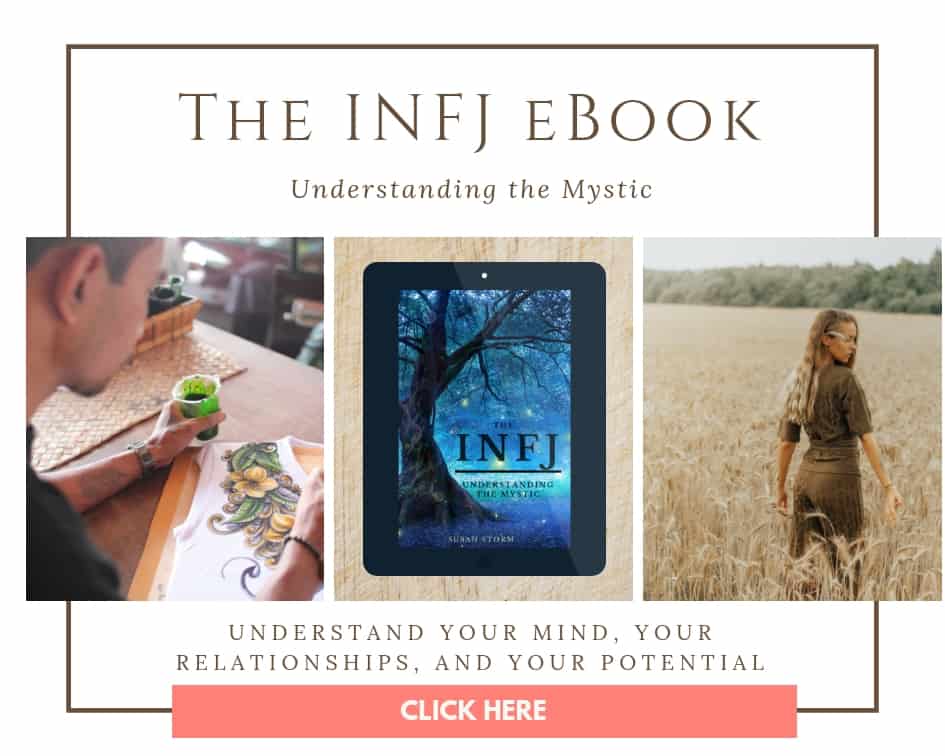


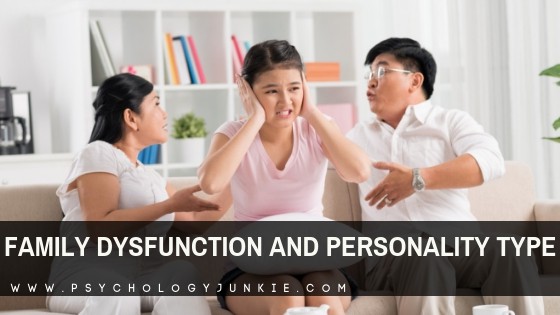




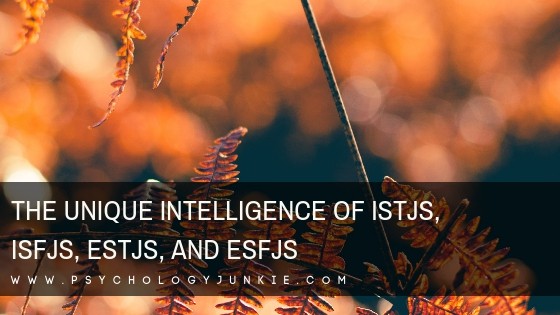
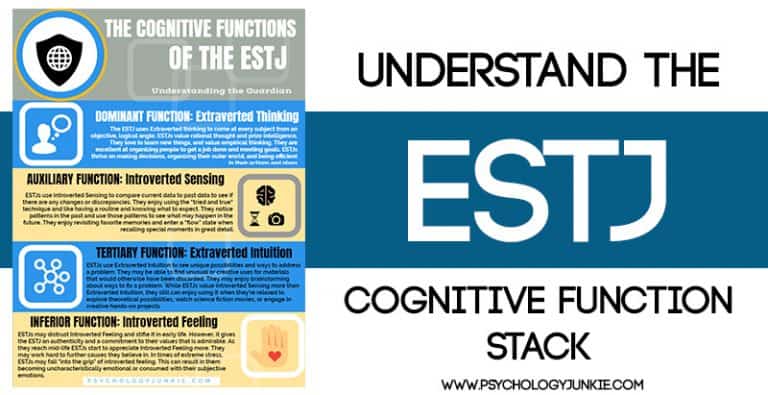
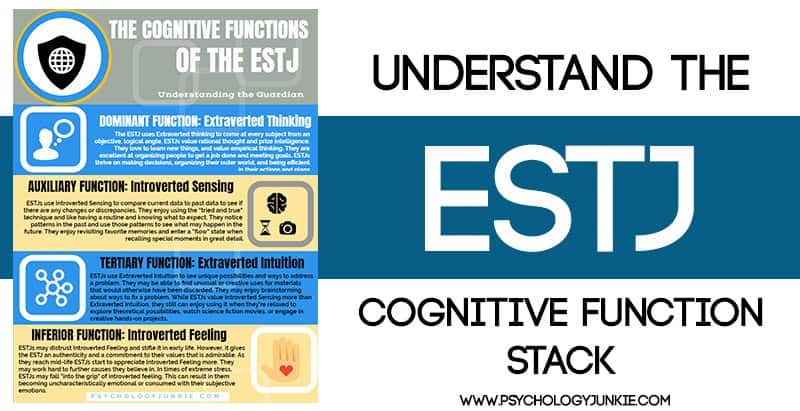
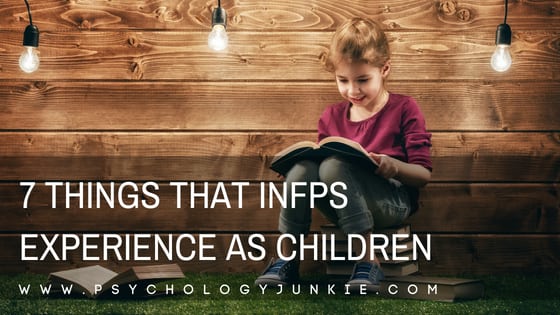
One of the best INFJ resources right here! Thank you!
Results not free, you still have to pay before they send them to you, don’t waste your time unless you’re willing to pay
Hi Cat! I do have a free personality questionnaire. However, I do have ads on my site and sometimes the ads are for other sites with other personality questionnaires. But if you want to take my questionnaire for free it’s here: https://quiz.tryinteract.com/#/5dab0e69919f5e0014ceba9f
im enfp, but i read this to understand better infjs around me. i can’t help but to wonder, when im in a happy mood, im enfp. but when im unhealthy/stressed i become unhealthy and immature infj. its like i have both side, why this can happen?
this was really helpful thank you so much.
Never heard about it before until today. Thanks for the article!
I am INFJ but didn’t know it was rare. I am questioning that part but the rest of the article is interesting and describes everything I’ve ever gone through and am going through now. The panic attacks are the worst and it sometimes takes days to recover (4 this week so far). It really sucks. I am half a century old but only really feel like it when I look in the mirror. I feel conflicted a lot more than I should about a great many things but can’t seem to cope and just want to hide away. I can’t deal with others who are rude and insensitive which adds to the stress I’m dealing with every day. I am trying to move to another place away from rude people which has led me to want to move to another country. As it seems that where I am, no one wants to try to get along and they are just loud and obnoxious for no reason whatsoever, and I live in a smaller town. I’m not even sure why I’m writing all this but the struggle is definitely real for INFJ.
Thank you so much for this! As soon as I read everything about being an INFJ, I was able to understand why I am the way I am. I appreciate this article so much! I realize that I’ve been overly reclusive and I want to get out of this bad wrap and get back in touch with my lighthearted and expressive side. I’m tired of being lonely (not tired of being alone/solitude) and not having anyone special to me. So, again, thank you. 🙂
I feel you too. I wish there were others who truly understood.
Same here! It’s not easy being INFJ. I’m just not designed to be single even though I’ve always independent – typical contradiction